Below is a list of committee inquiries with current open calls for evidence. Please contact Emma Bambury-Whitton if you would like to discuss submitting evidence.
Commons Select Committee inquiries
- Revising Scotland’s fiscal framework | Scottish Affairs Committee | Deadline: mid-January 2016
- UK’s relations with Russia | Foreign Affairs Committee | Deadline: Friday 29 January 2016
- Satellites and space | Science and Technology Committee | Deadline: Friday 29 January 2016
- Role of the magistracy | Justice Committee | Deadline: Sunday 31 January 2016
- Restorative justice | Justice Committee | Deadline: Sunday 31 January 2016
- All lane running | Transport Committee | Deadline: Sunday 31 January 2016
- Setting the fifth carbon budget | Energy and Climate Change Committee | Deadline: Monday 1 February 2016
- DFID’s programme in Nigeria | International Development Committee | Deadline: Monday 1 February 2016
- Business rates | Communities and Local Government Committee | Deadline: Monday 1 February 2016
- Pensions automatic enrolment | Work and Pensions Committee | Deadline: Wednesday 3 February 2016
- The global humanitarian system | International Development Committee | Deadline: Monday 8 February 2016
- Homelessness | Communities and Local Government Committee | Deadline: Monday 8 February 2016
- Access to finance | Business, Innovation and Skills Committee | Deadline: Wednesday 10 February 2016
- Pre-legislative scrutiny of the Government’s draft legislation on energy | Energy and Climate Change Committee | Deadline: Thursday 11 February 2016
- Follow-up to PHSO report on clinical investigations | Public Administration and Constitutional Affairs Committee | Deadline: Thursday 11 February 2016
- Follow-up to PHSO report on HS2 | Public Administration and Constitutional Affairs Committee | Deadline: Thursday 11 February 2016
- Russia: implications for UK defence and security | Defence Committee | Deadline: Monday 15 February 2016
- Northern Ireland and the EU Referendum | Northern Ireland Affairs Committee | Deadline: Wednesday 17 February 2016
- Sustainability and HM Treasury | Environmental Audit Committee | Deadline: Thursday 18 February 2016
- Prostitution | Home Affairs Committee | Deadline: Thursday 18 February 2016
- Private Members’ Bills | Procedure Committee | Deadline: Friday 19 February 2016
- Intergenerational fairness | Work and Pensions Committee | Deadline: Friday 19 February 2016
- The renewable energy sector in Scotland | Scottish Affairs Committee | Deadline: Friday 19 February 2016
- Proceeds of crime | Home Affairs Committee | Deadline: Thursday 25 February 2016
- Employment opportunities for Muslims in the UK | Women and Equalities Committee | Deadline: Sunday 28 February 2016
- Inter-institutional relations in the UK | Public Administration and Constitutional Affairs Committee | Deadline: Monday 29 February 2016
- Foundation years and the UK Government’s life chances strategy | Work and Pensions Committee and Education Committee | Deadline: Monday 29 February 2016
- Operation Stack | Transport Committee | Deadline: Monday 29 February 2016
- Social Work Reform | Education Committee | Deadline: Friday 4 March 2016
- The future of nuclear power in Wales | Welsh Affairs Committee | Deadline: Friday 4 March 2016
- EU regulation of the life sciences | Science and Technology Committee | Deadline: Friday 4 March 2016
- Future flood prevention | Environment, Food and Rural Affairs Committee | Deadline: Tuesday 15 March 2016
- Scrutiny of the Government’s Supply Estimates | Procedure Committee | Deadline: Friday 25 March 2016
- UK tax policy and the tax base | Treasury Committee | Deadline: Thursday 31 March 2016
Lords Select Committee inquiries
- Draft Finance Bill 2016 | Economic Affairs Finance Bill Sub-Committee | Deadline: Friday 29 January 2016
- Response to the Strathclyde Review | Secondary Legislation Scrutiny Committee | Deadline: Friday 19 February 2016
Joint Committee inquiries
- Restoration and Renewal of the Palace of Westminster | Joint Committee on the Palace of Westminster | Deadline: Friday 22 January 2016 (extended to Friday 12 February 2016)
Public Bill Committees
- Energy Bill [HL] | Deadline: Tuesday 9 February 2016
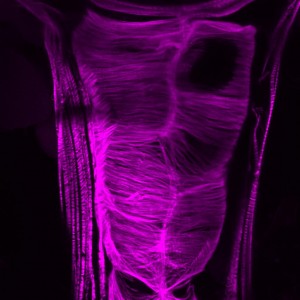
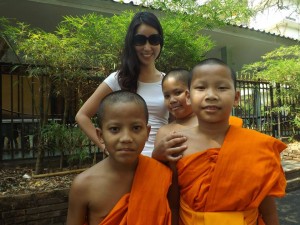
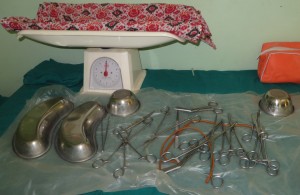
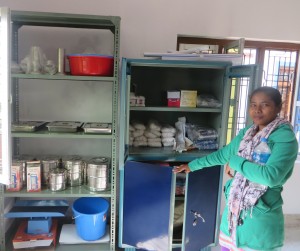

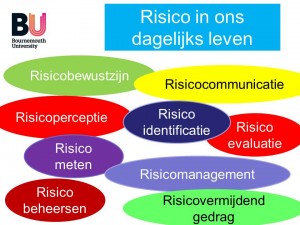

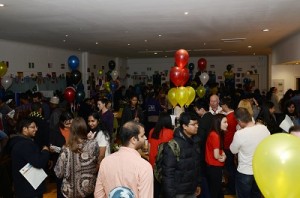
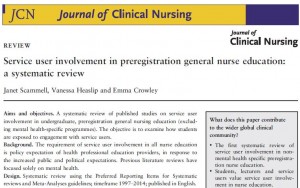

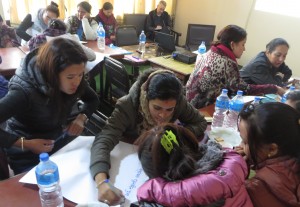
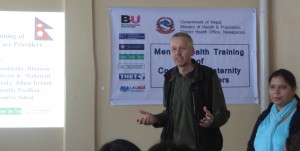












 FHSS academics teaching in Nepal
FHSS academics teaching in Nepal New weight change BU paper
New weight change BU paper One week to go! | The 16th Annual Postgraduate Research Conference
One week to go! | The 16th Annual Postgraduate Research Conference Geography and Environmental Studies academics – would you like to get more involved in preparing our next REF submission?
Geography and Environmental Studies academics – would you like to get more involved in preparing our next REF submission? Congratulations to three former BU staff
Congratulations to three former BU staff MSCA Staff Exchanges 2024 Call – internal deadline
MSCA Staff Exchanges 2024 Call – internal deadline Applications are now open for 2025 ESRC Postdoctoral Fellowships!
Applications are now open for 2025 ESRC Postdoctoral Fellowships! Horizon Europe – ERC CoG and MSCA SE webinars
Horizon Europe – ERC CoG and MSCA SE webinars MaGMap: Mass Grave Mapping
MaGMap: Mass Grave Mapping ERC grants – series of webinars
ERC grants – series of webinars